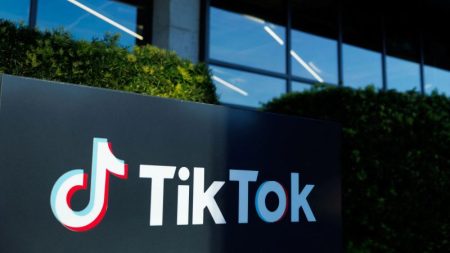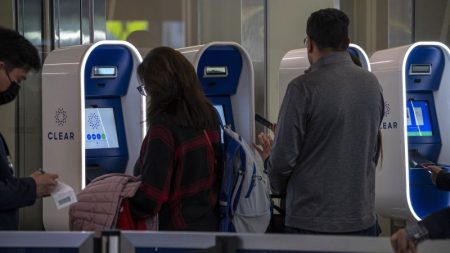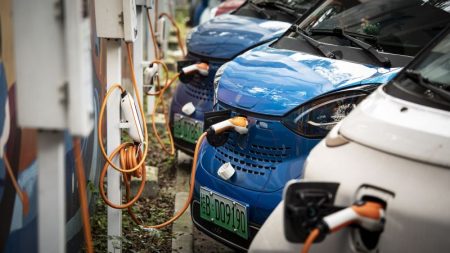Many Americans are at risk of losing their home internet service as a critical government program, the Affordable Connectivity Program (ACP), is set to run out of funding at the end of April. Without this program, over 23 million households face being kicked off their internet plans or facing higher bills, impacting nearly 60 million Americans. This could result in a widening digital divide, affecting people’s ability to work, study, access healthcare, and connect to essential services.
The ACP has garnered widespread support since it was created in the 2021 bipartisan infrastructure law, with military families, older Americans, and rural residents making up a significant portion of its user base. The program helps bridge the affordability gap for internet connectivity, particularly in underserved areas, ensuring a base of demand to support building in otherwise challenging markets. However, without the program, many low-income Americans would be priced out of home internet service, impacting their access to education, healthcare, and economic opportunities.
The looming crisis has put ACP subscribers like Cynthia George and Michelle McDonough on edge, as they face the possibility of losing a critical lifeline to the modern economy. George worries about choosing between paying for internet or essential needs like food, rent, and utilities. McDonough relies on virtual classes and telehealth visits, which would be at risk without the ACP. The potential collapse of the program has left many feeling betrayed by Congress and frustrated at the lack of action to renew funding.
Policy experts warn that allowing the ACP to collapse would have far-reaching consequences, forcing Americans to resort to ad hoc solutions like using public Wi-Fi, turning to cellphone data services, or waiting weeks to access limited resources at public libraries. While some may qualify for the FCC’s Lifeline program, the benefit falls far short of what ACP subscribers currently receive. As the deadline for funding approaches, lawmakers are under pressure to act before millions of Americans lose access to essential internet services.
Despite the bipartisan support for the ACP, routine congressional gridlock and political dynamics have stalled efforts to secure additional funding. Lawmakers have introduced legislation to authorize $7 billion to save the program, but it has yet to advance amid political maneuvering. Studies show that investing in programs like the ACP can have positive economic impacts and lead to savings in healthcare costs. However, with the 2024 election looming, the fate of the ACP remains uncertain, leaving many low-income Americans in limbo.
As ACP subscribers face the possibility of losing vital internet access, they are voicing their frustrations with lawmakers who prioritize politics over the well-being of working-class people. Many rely on the program for education, healthcare, and economic opportunities, and its potential collapse could have widespread repercussions. With the fate of the ACP hanging in the balance, voters may hold lawmakers accountable in the upcoming election, highlighting the urgent need for Congress to act to prevent millions from losing internet connectivity.















